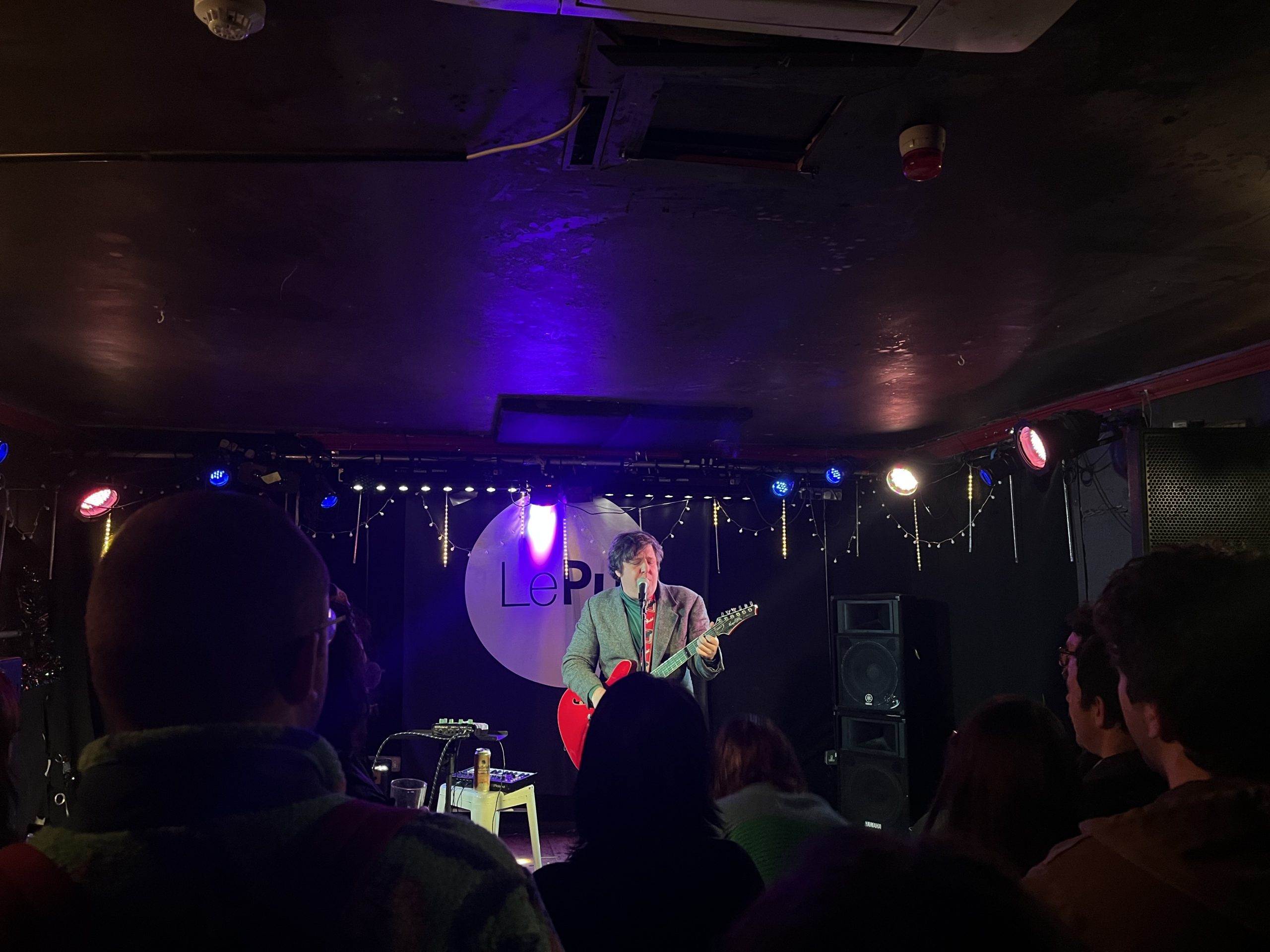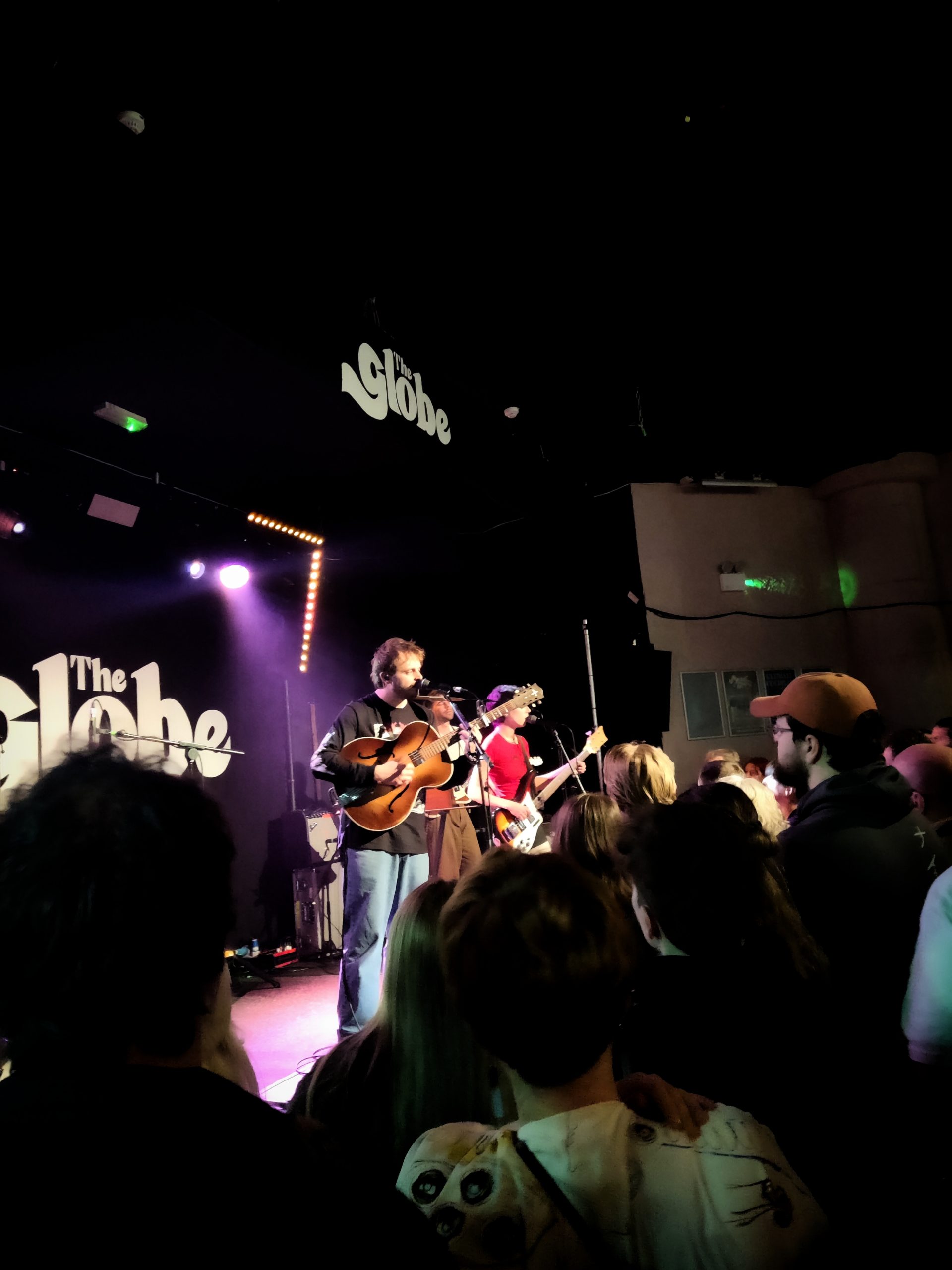Jasper Wilkins is a video director, producer and photographer based in London.
In his current role as a Senior Producer at the BBC he leads the creation of digital content for flagship shows like Gladiators, The Apprentice, and RuPaul’s Drag Race UK. His industry accolades include being a Media Week 30 Under 30 Winner, Cardiff 30 Under 30 Winner, and a Promax Gold Winner. He graduated from Cardiff University in 2017 with a first-class joint honour’s degree in Journalism, Media & English Literature.
What initially inspired you to pursue producing as a career?
“I’ve always been excited by how things get made. As a kid I enjoyed the behind-the-scenes DVD featurettes more than the films themselves, and was lucky enough to grow up in a breakthrough era of special effects blockbusters like Jurassic Park, Harry Potter and The Lord of the Rings. The creativity and craft that goes into video production still fascinates me two decades later.”
How did your time at Cardiff and your involvement with Quench shape your path into media?
“University was an incredibly busy time for me. I was leading the Quench design team, working five days a week filming content for the uni international office, annihilating my wallet at raves and gigs every weekend, and on rare occasions even doing some coursework.
“Amongst the storm of exam stress and strawpedos, student media was a constant outlet to stretch my creative muscles in a structured way. Through Quench I honed my design skills, did fashion shoots, and levelled up my Adobe knowledge over many late nights in the media office. I also got to shoot massive artists like Kano and The 1975, which I thought was the coolest thing ever.
“Flicking through the archives, I remember there being a real sense of shared ambition and zaniness to the magazine back then: who is the biggest interview we can score? What’s the weirdest subculture we can dive into? We spoke to unicorn sex cults, interviewed rockstars, and launched Qpid’s Corner, Quench’s first blind date segment.
“My favourite weird piece was our feature with Ninjah, Cardiff’s favourite bin drummer. He told us he speaks 56 languages and bench presses the planet every single day. God bless that insane man.
“My professional career since then has seen me organise drag queen tarot readings, photograph Stormzy, and force David Mitchell to eat tinned Spam in an apocalypse bunker. Perhaps some things haven’t really changed!”
Looking back on your time at university now, what skills do you feel you gained or developed at university that have been most useful in your career?
“People skills are a universal ability that will help you in any career, but especially in media and journalism. As a student I loathed being in group projects when one person wasn’t pulling their weight or was having a negative impact, but in hindsight those were the moments where I grew the most.
“Navigating similar tricky situations is a core part of my job now. Whether it’s getting the right sound bite out of tough contributors or handling an exec producer who doesn’t like the word ‘no’, those soft skills get put to use every single day.”
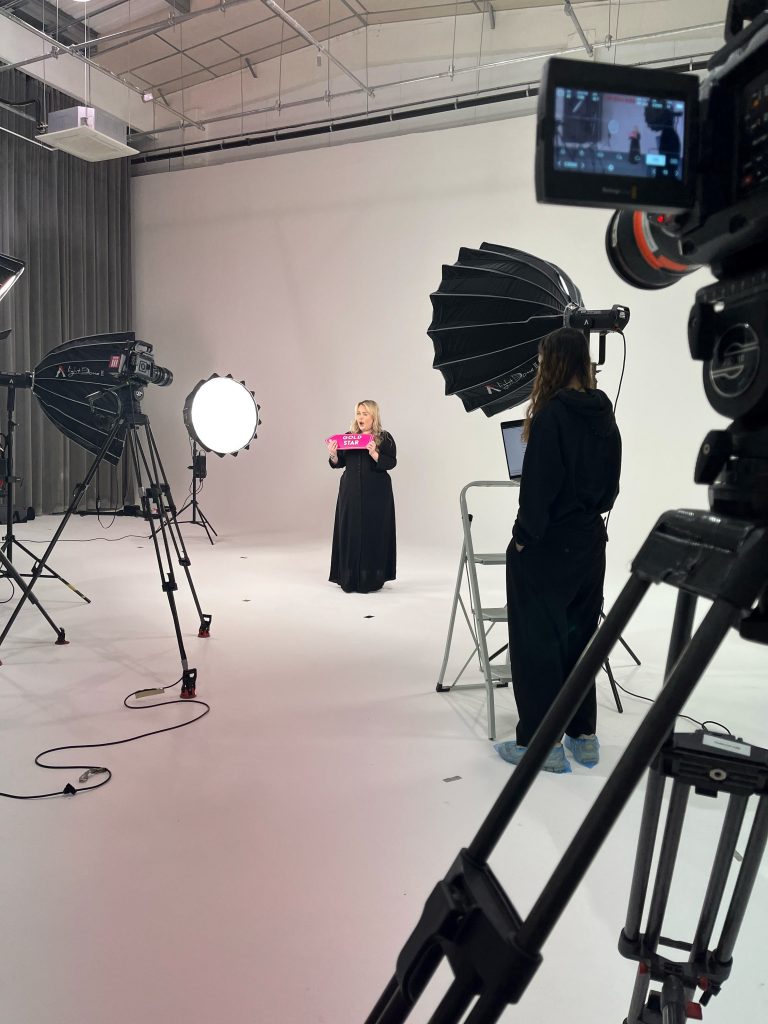
Were you always going to take the degree route, and did you know you wanted to work in media since your A levels?
“I considered skipping university altogether, much to the horror of my teachers and parents. Instead I spent a gap year working in a windowless retail shop selling fidget spinners and pre-owned Playstations. I got absolutely nothing out of the experience except free DVDs and a desire to find a career with a pension and access to sunlight.”
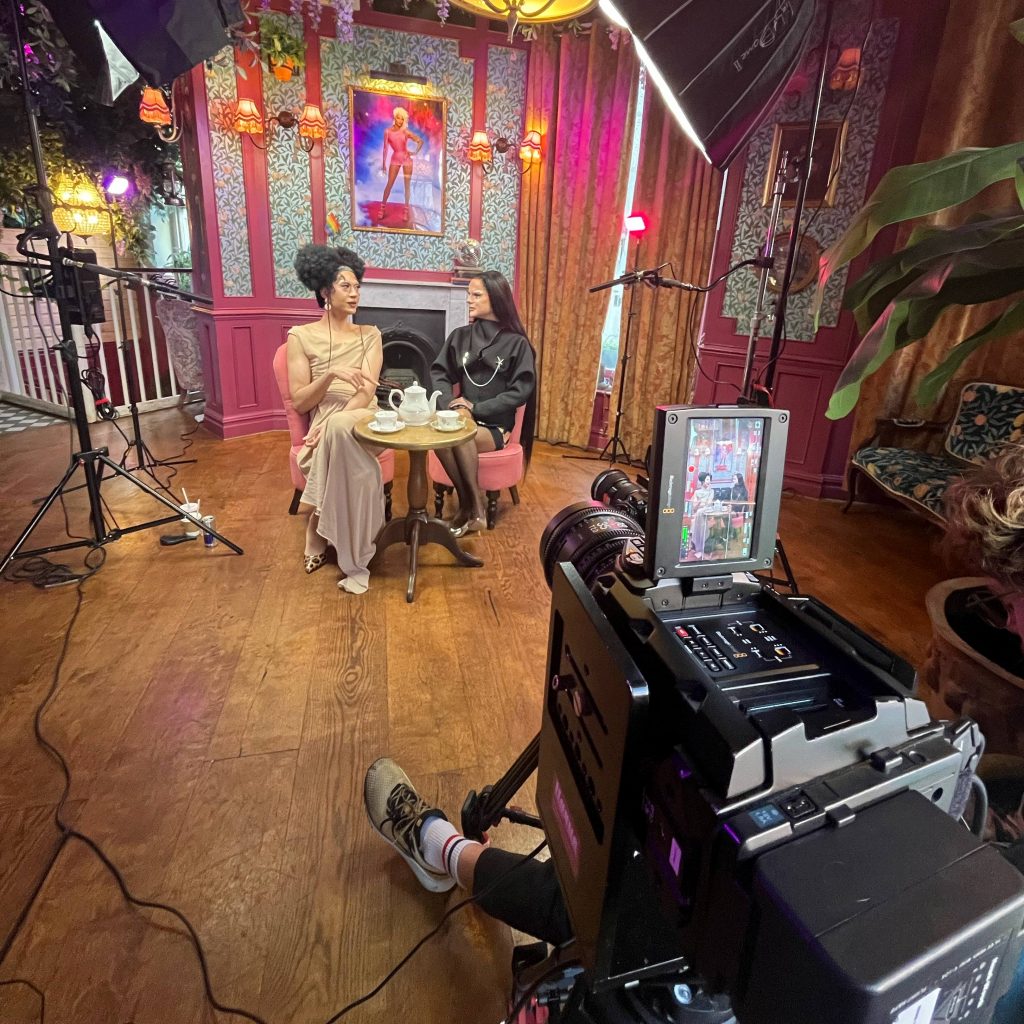
How did you feel going into employment after university?
“My first ‘proper’ job after graduating was as a digital content editor for the British Council, the UK’s international culture organisation. I spent a couple of years with them here in Cardiff making videos about British life – my peak was a mildly viral video about how to make a cup of tea.
“The transition from education to employment can be a tricky one. Navigating relationships with your boss and colleagues is completely different to your tutors and fellow students, and nobody’s marking your work to keep score any more. Not formally, anyway.
“I found the shift to full time office life challenging at first, but the best thing to do is to get stuck in, embrace the change, and make some friends. A good cup of tea is key not only for viral videos but also the most powerful office diplomacy tool known to mankind.”
Did you always know you wanted to specialise in producing, was that the original goal of yours or did this evolve over time?
“The only goal I’ve ever had is to create stuff that makes people laugh or think differently about something. Working towards that has involved many roles over the years, from video editor to article writer, camera operator, project leader, casting director, location scout, line manager, and channel strategist. For me the title ‘Producer’ is a culmination of all those different creative disciplines.”
What have been some of the biggest challenges you’ve faced in your media career, and how did you navigate them?
“The first challenge with media jobs, especially TV and broadcast, is getting your foot in the door.
“My entry into the world of television was a little unusual; I jumped straight from being a civil servant to spearheading the digital comedy commissioning process for UKTV. I didn’t know anyone in telly or have any industry connections, so that first leap involved weeks of research and interview preparation, buckets of genuine enthusiasm, and a fair dose of luck.
“If I was to do it all over again, I would have explored TV entry schemes earlier in my career. The BBC, Sky and Channel 4 all offer solid development programmes which are worth considering if you’re a fresh graduate. ScreenSkills is an excellent free resource for training schemes and job opportunities, and there’s plenty of Facebook pages and email lists out there that you can sign up to for short term runner work.”
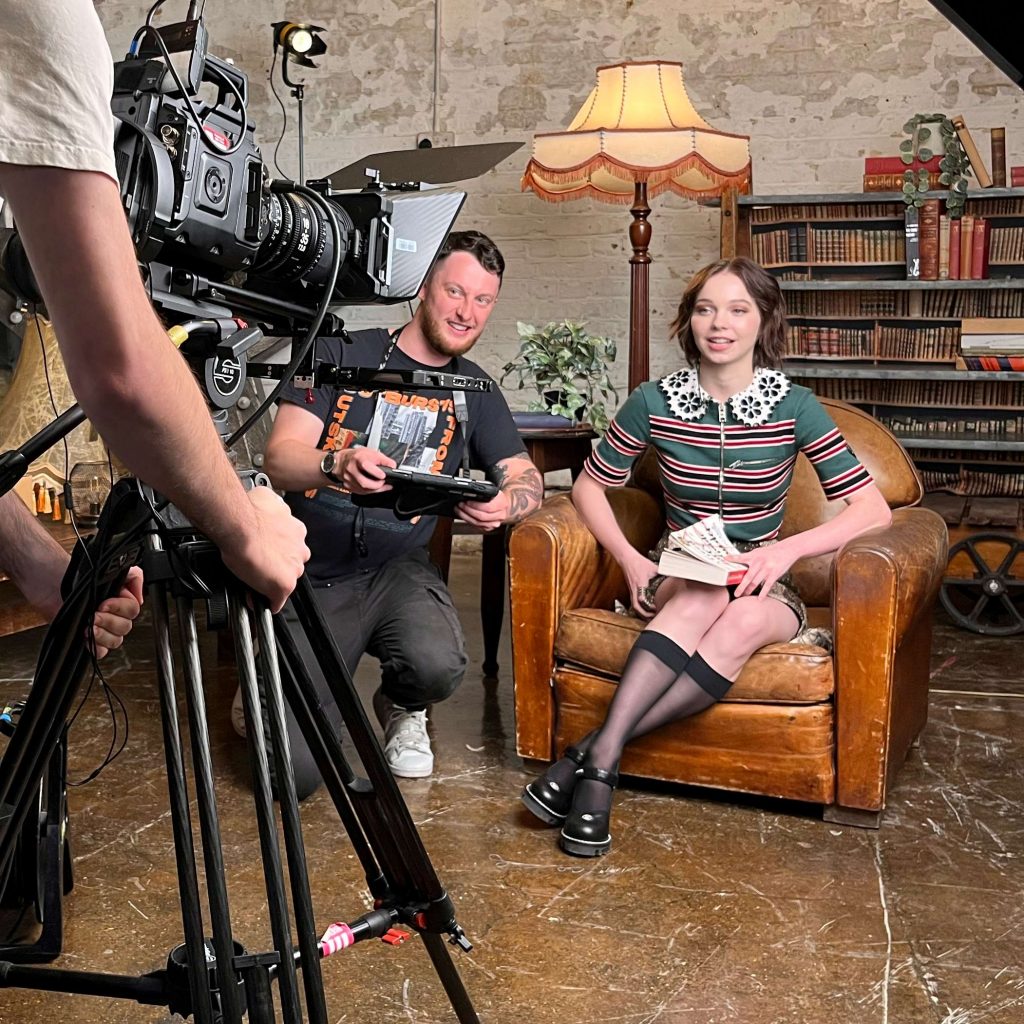
How do you deal with criticism in a profession where your work is publicly scrutinised?
“If you are in the media industry for the long haul you need to build resilience and become incredibly comfortable with rejection. Journalists may have dozens of pitches turned down each week, producers will spend hours working on projects that will never get greenlit, presenters will have their segments cut at the last minute. It’s not personal, it’s just what happens in a world with a finite budget and limited story space.
“It’s also important to separate the useful public feedback from the trolls and those with agendas. The internet makes it easy for anyone to hate anything for any reason, so you can’t take it too seriously (I once had a YouTube viewer complain that a James Acaster compilation contained too much James Acaster).”
What advice would you give to university students who aspire to pursue a career in media today? What do you think are the best things they can do to give them the best possible employment opportunities?
“I’m going to say this quietly: your academic degree is nowhere near as important as you think it is. No interviewer has ever asked me for my thoughts on millennial post feminism in Hollywood cinema, or even what degree grade I got.
“What does matter in your media career is what you bring to a team or project, how easy you are to get along with, and ultimately how good your demonstrated work is.
“I have interviewed dozens of graduates for entry level media roles, and the folks who stand out are those who have developed their skills independently and have the portfolio to show it off. The best thing you can do is get out there and make that passion project documentary, write that student media article, create a bunch of mock projects that showcase your talents to the max.
“Do not wait for permission to start your career. I promise you, the ‘fuck it, I’ll do it myself’ energy will get you further than just waiting and hoping for someone to gift you the opportunity. Because once you take yourself seriously, other people will too.
“Beyond that, network your socks off and be curious. Ask industry folks you admire for guidance over a coffee or a call – many of them were once in your shoes and are happy to help.”
How does it feel being interviewed by your university magazine that you used to be a member of?
“It’s a little strange, but also a lovely full circle moment!”
If you could give advice to your university self when you were working on this magazine, what would it be?
“Stop stressing, because it all works out in the end. Remember to enjoy the ride. And for God’s sake, invest in this new thing called Bitcoin immediately.”
Is there one person or group who has always been a dream to work with that you haven’t done so yet?
I love big characters and iconic personalities, so in no particular order I’d say Adele, Barack Obama, Shrek, and Claudia Winkleman. I’d get them all on Come Dine With Me and revel in the chaos.
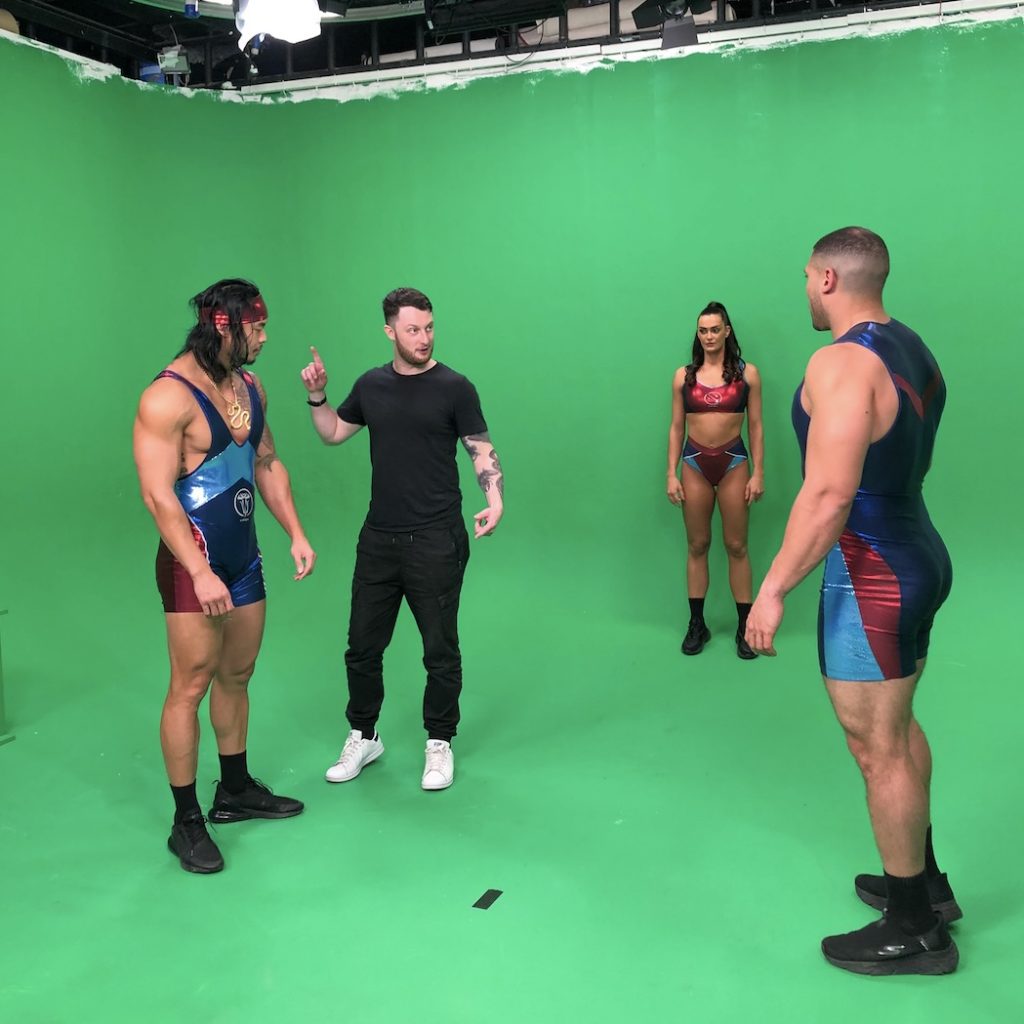
Words by: George Clark
Featured image courtesy of Jasper Wilkins. No changes have been made to the image.

